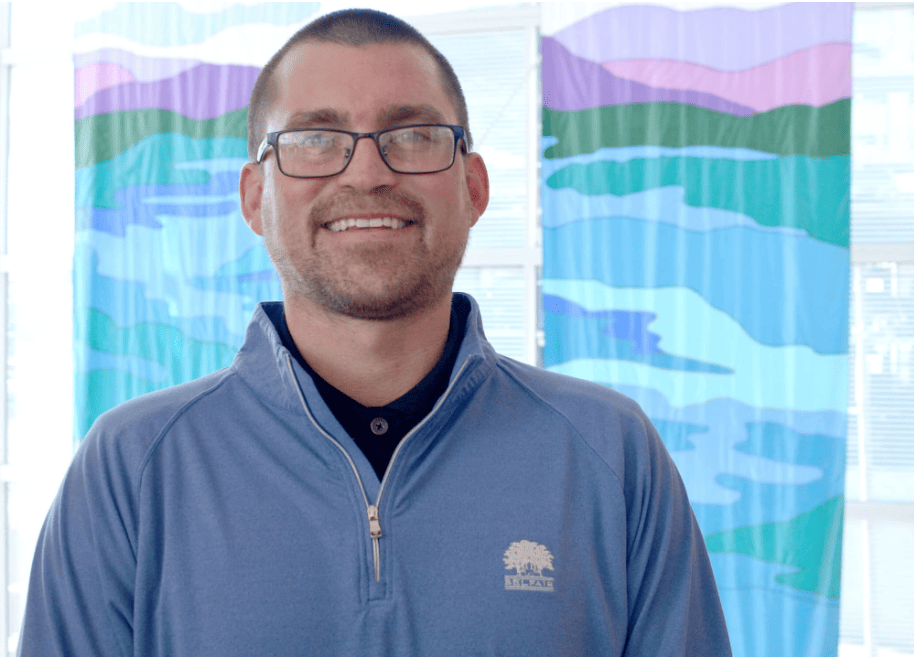
Nikolas Berardi, MHA, a program manager for the University of Arkansas for Medical Sciences (UAMS) Translational Research Institute (TRI), credits the UAMS Fay W. Boozman College of Public Health Master of Health Administration program for helping to change his life.
That includes putting him in position to work for TRI.
“The college and my directors in the MHA program cared about me. They helped me find a job,” Berardi said. “They were always reaching out seeing how they could help me.
“Every professor, every administrator made me feel like family.”
Berardi first entered the MHA program in 2019. During his time in the program, he developed a strong rapport with his classmates and instructors.
The bond he developed with individuals connected to the curriculum, along with being adamant about getting his degree and providing support services to population bases, provided Berardi with the boost he needed to ultimately attain his MHA degree.
Berardi’s path to the college began in his hometown of Prescott, Arizona, which is an hour away from Phoenix. As a young adult, Berardi moved to central Arkansas and enrolled in Hendrix College, where he earned a bachelor’s in biology.
Afterward, he initially pursued a nursing degree from the University of Arkansas at Little Rock. However, he soon realized that nursing was not his calling.
Still steadfast about making a difference in society, Berardi became a member of Volunteers in Medicine, a nonprofit that helps provide medical care to people from low-income households. While volunteering with the organization, Berardi received an intriguing suggestion.
“One day there was a major shortage of volunteers, and I was working nonstop to help keep everything going,” he said. “A supervisor suddenly suggested that I get a master’s degree in health care administration. I did some research and opted to apply for the UAMS’ MHA program. Eventually, I earned the MHA degree in 2022.”
When Berardi reflects on what he was able to do, and how it’s connected to his desire to address health care disparity gaps — he becomes even more grateful that he chose to attend the College of Public Health. He deems it as a life-changing experience.
“It hit me a couple days after graduating with the MHA of what I had accomplished,” Berardi admitted. “Looking back, I thought about how the professors were so welcoming. They made it feel like home.
“That inspires me even more to advocate for and help people in need. I’m always willing to speak with people and let them know that they too can achieve any of their aspirations.”
